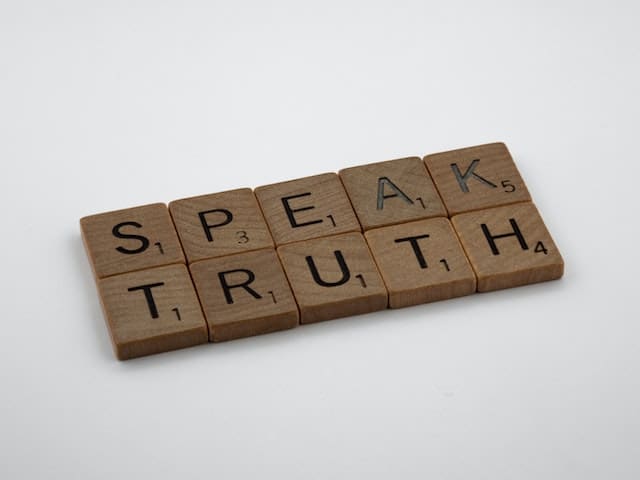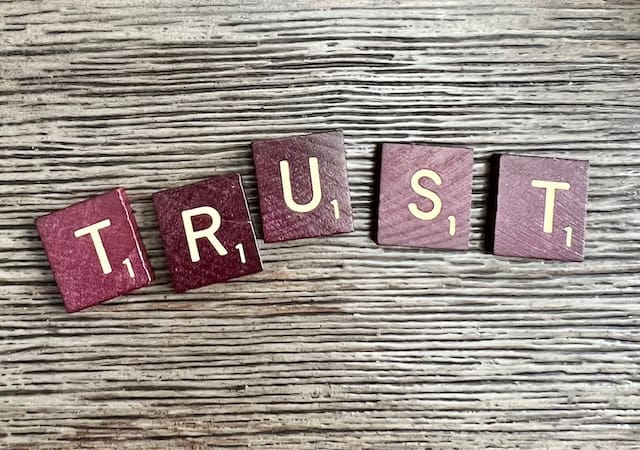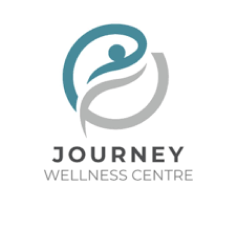
This end of year holiday period often makes me wonder how some of my interpersonal relationships have gotten to where they are. I didn’t always dislike this many family members did I? Have they always disliked me? A quick disclaimer before we jump right into this, this article suggests that you take responsibility for your half of a given relationship and not that you should bend over backwards when your efforts are not reciprocated. Also, the concepts explored below are all inter-connected and their development does not necessarily happen sequentially as listed below. Let’s explore some of the cornerstones of healthy relationships and deep connection.
Honesty

This is the most sound foundational attribute of any relationship. Without honesty, participating parties cannot truly know what the other party expects and wants, or how they feel. If this is missing from a relationship, understanding one another becomes infinitely more difficult. I can think of countless situations where honesty, and subsequently greater understanding, would have made my life much easier. Honesty also offers us the gift of freedom. Not being honest is so exhausting. Concealing the truth requires such careful planning and extreme vigilance that in retrospect I almost always regret not being honest in the first place. A personal example of this is how I have to continually wear long pants whenever I see my dad and his side of the family. Why? I have leg tattoos. Would it not be easier to just reveal the fact that I have ink on my legs instead of just passing on beach holidays? Certainly! Am I likely to wear shorts the next time I visit? Doubtful. The point I am trying to make here is that we have to accept the consequences of our actions. If a certain relationship in your life isn’t where you want it to be, revisit your actions before blaming the other person. Lastly, honesty leads to one of the most important aspects of any healthy relationship, trust.
Trust

Once trust is present between two people, they both become far more likely to be themselves. Knowing that you can be open and honest in front of someone is a great feeling and a great reason to keep developing a relationship with that individual. Trust also comes in handy when adversity must be faced jointly. Facing an external problem with someone that you trust and can rely on is much more effective than facing it in a shaky relationship. The latter means that along with the stress of facing an external problem, you will also be dealing with the stress of potential inter-relationship issues with the relevant party. Once trust is established in a relationship, the way is paved for respect.
Respect

Respect means that two parties can accept the differences between one another and even appreciate them. Respect means believing that the other party deserves a certain standard of treatment. This can be quite difficult to grasp and come to terms with as respecting someone implies that you accept responsibility (at some level) for their emotions and well-being. Furthermore, respect is a great asset to have when it comes to conflict resolution.
I’d love to hear your thoughts on this crash course and maybe your own anecdotal experiences in interpersonal relationships. Please feel free to comment below so that we can be in touch!

